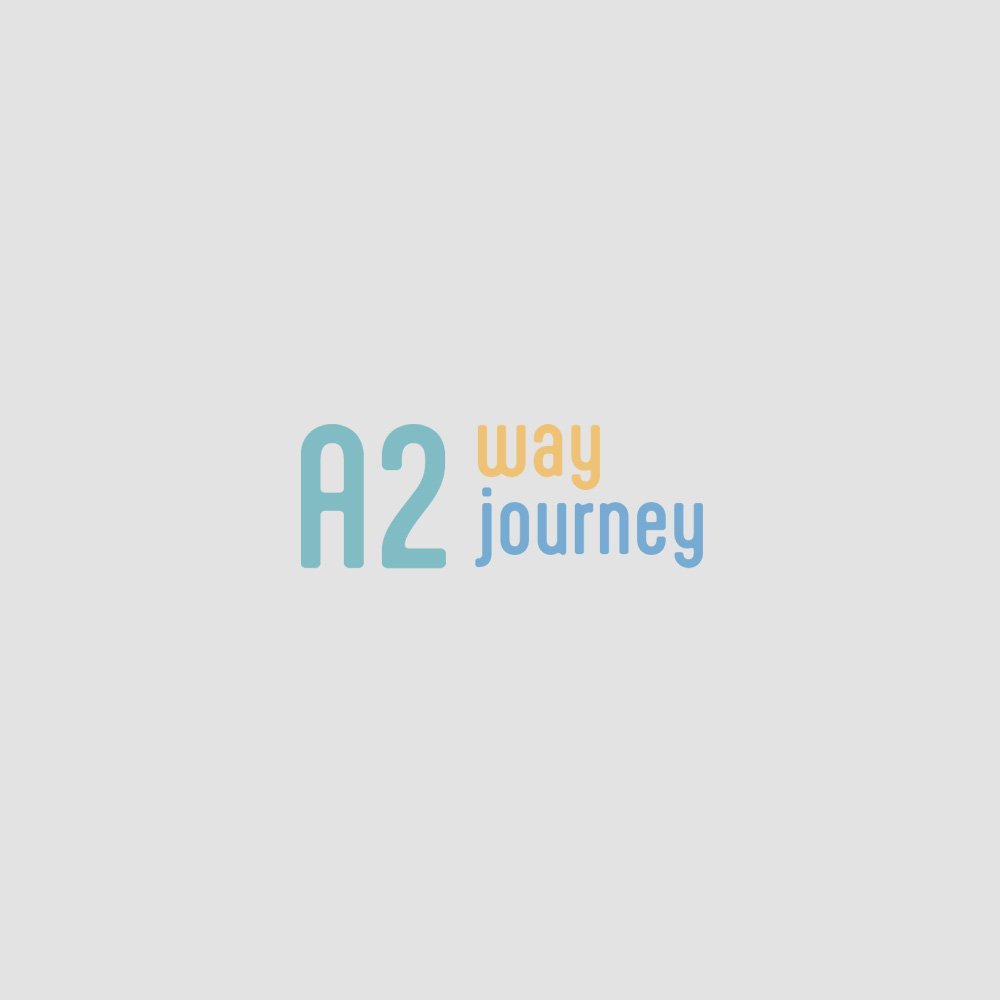
Our First Week in Ankara: Learning and Growing Through Cultural Diversity
Hello!
We are three volunteers spending the next two months in Ankara, working on a project dedicated to empowering and supporting Ukrainian refugees in Türkiye. Throughout our volunteerships, we’ll be sharing weekly blog posts on a variety of topics related to our experience. This week, we’re kicking things off with a focus on intercultural learning!
I think that all three of us can agree on one thing: namely, that we are learning something new about different cultures each day. I vividly remember that we went for a coffee the day we arrived, and that we were immediately struck about how strong Turkish coffee was! However minor this cultural experience was, I think it is still a testament of how diverse gastronomy can be from one country to another.
But perhaps more significant, we have been learning a lot about each other’s cultures. Our volunteer group is composed of five different nationalities: Swedish, Portuguese, Spanish, Ukrainian, and Moroccan. A diverse mix, we would argue. That also means that we have many different languages among us: some closely related to each other, such as Portuguese and Spanish, and some vastly different, like Ukrainian and Arabic! For example, to express gratitude, a Swedish person would say tack, not to be confused with tak, which means yes in Ukrainian. A Portuguese person would say obrigad(a/o) when expressing gratitude, while a Moroccan would say shukran.
Furthermore, we also have three different scripts between our languages! A Moroccan would spell shukran as راًشك, while a Ukrainian would spell tak as так! And while the mix of languages can sometimes lead to difficulties in communication, it also enriches our daily interactions and deepens our appreciation for one another's backgrounds. We've found ourselves picking up bits and pieces of each other's languages, whether it's saying buenos dias in the morning, or tack when someone lends a hand. These small exchanges not only make communication easier but also build a sense of connection and curiosity. Through these moments, intercultural learning isn’t just something we talk about, it’s something we live every day. And while misunderstandings do happen, they often lead to laughter, learning, and stronger bonds.
However, intercultural learning cannot be reduced to languages: it is also about connecting and understanding each other, despite our differences. For instance, bringing back a topic initially discussed, food!
- Swedes might eat dinner around 6 PM and prefer simple, lighter meals.
- Ukrainians eat heartier meals and may have traditions like long family dinners with several dishes.
- Moroccans often eat with their hands, especially when sharing traditional meals like couscous or tagine.
- Portuguese and Spanish mealtimes are later, with lunch often around 2 PM and dinner after 9 PM.
These differences means that we must compromise and adapt to each other when it comes to even simple things like food. While this can feel a bit strange or challenging at first, it quickly becomes an opportunity to share traditions, stories, and laughter around the table.
In conclusion, our intercultural learning journey is not just about discovering differences but about embracing them as strengths. It enriches our volunteer experience, helps us support the communities we work with more effectively, and reminds us that diversity is a source of connection rather than division. We look forward to sharing more stories and reflections from our time in Ankara in the weeks ahead!

